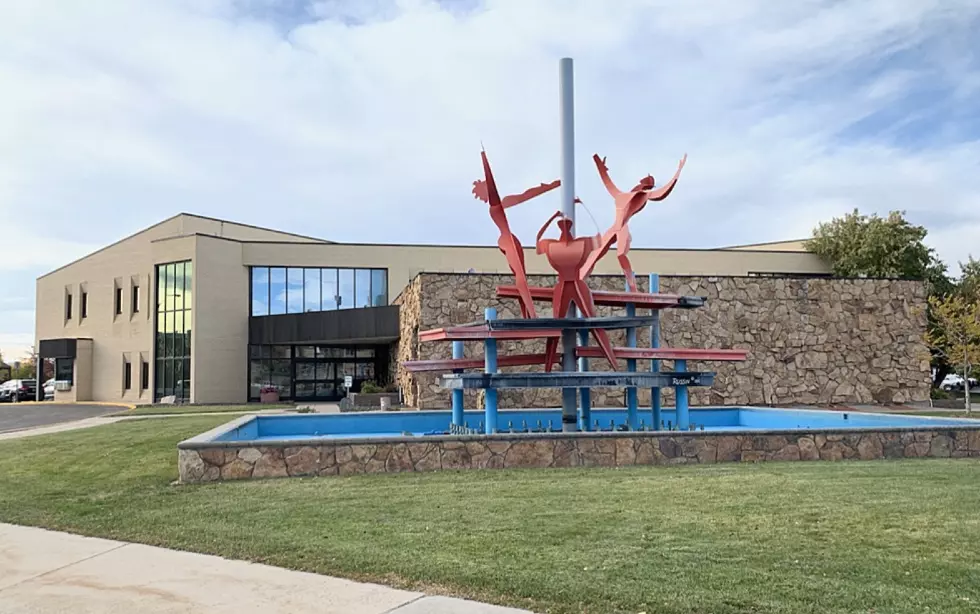
Wyoming Senate Passes Police Body Camera Legislation
A bill supported by law enforcement, media organizations and the American Civil Liberties Union would establish guidance on how footage from police body cameras should be handled.
Senate File 32, Peace Officer Recordings, passed third reading in the Wyoming Senate on Thursday.
Current Wyoming law does not address the handling of police body camera video.
Many law officers said they were reluctant to use the cameras without knowing the rules surrounding how footage could be used, according to a news release from the Majority of the Wyoming State Legislature.
"This is a great example of a compromise working," said Jim Angell of the Wyoming Press Association.
"Everybody had different concerns. Ours had to do with public transparency. All sides recognized those concerns, so we had some great constructive discussions and figured out ways to address them," Angell said in a statement.
The bill will allow anyone who is the subject of a recording to view the footage in response to a complaint against law enforcement, or if the video involves the use of deadly force or serious bodily injury, assuming the custodian of the recording determines it would not be contrary to public interest.
In addition, recordings would be released to law enforcement or public agencies in order to conduct business, or pursuant to a court order.
The Wyoming Association of Sheriffs and Chiefs of Police, the Wyoming Press Association and the American Civil Liberties Union all applauded the bill's passage.
The bill, sponsored by the Senate Judiciary Committee, will now move to the House of Representatives for consideration.
"I believe our collaborative solution will be workable for law enforcement as we look to deploy body-worn cameras in Wyoming," said Byron Oedekoven with the Wyoming Association of Sheriffs and Chiefs of Police. "Thank you to the leadership in the Senate and all the stakeholders who worked on this legislation."
"Police-worn body cameras hold the potential to enhance officer safety and to increase public accountability for law enforcement. But they also present significant privacy concerns," said Sabrina King of the American Civil Liberties Union of Wyoming.
"We are satisfied with the compromise reached on Senate File 32, and we look forward to working with law enforcement agencies to enact policies which will encourage agencies to adopt the use of body cameras which can deepen communication and trust between citizens and the agencies and officers working to protect them," King concluded.
More From K2 Radio









